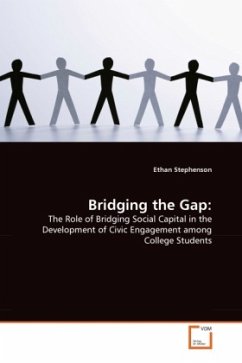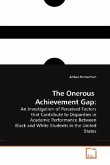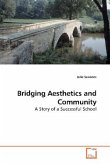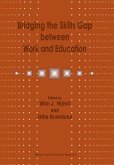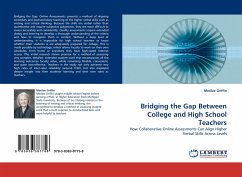Ample evidence suggests that attending college is positively associated with an increased level of civic engagement. However, few studies systematically explore which elements of the collegiate experience affect the development of civic engagement. Therefore, this study focuses on the development and testing of a conceptual model that identified key collegiate experiences and conditions that may foster civic engagement in the first year of college. The 2,188 first-year college students investigated in this study comes from the Wabash National Study of Liberal Arts Education, a large national longitudinal research project. Using path analysis, this study focuses on five collegiate opportunities and experiences that research suggests have a positive impact on civic engagement. Additionally, this study investigates the promising but understudied role played by bridging social capital, defined as heterogeneous student peer social networks, in the development of civic engagement. Thisbook will aid university faculty, administrators, and others interested in understanding how to further enhance the development of civically engaged undergraduates.
Bitte wählen Sie Ihr Anliegen aus.
Rechnungen
Retourenschein anfordern
Bestellstatus
Storno

